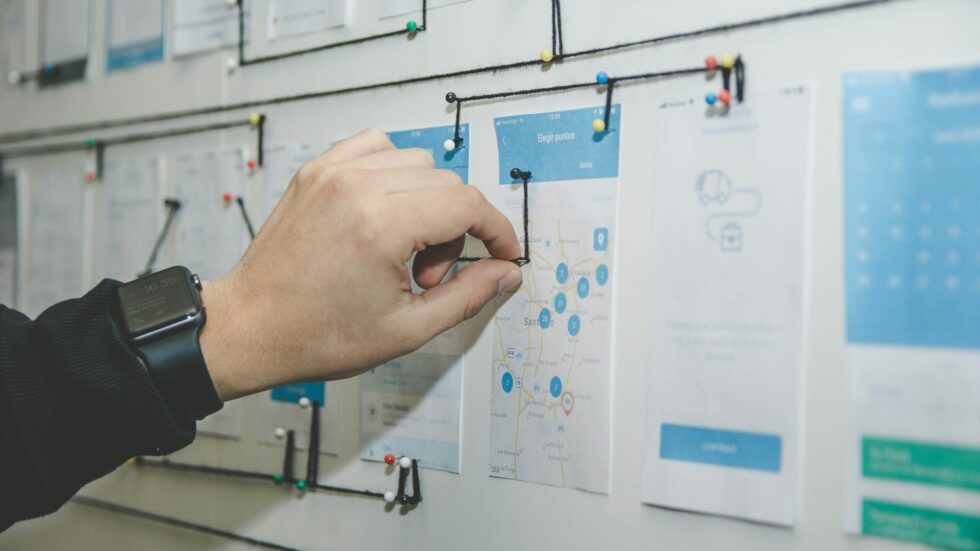
Na’aleh’s 28 Core Skills of Leadership – Yotzer
Yotzer: Co-design creative solutions to respond to shared challenges.
Self-Awareness: Step out of your mental models (long held and often unconscious assumptions about the world).
We walk around our world observing it through the lens of our mental models. From the way we easily understand cultural customs, which may be strange to others, to the biases we hold about particular people, places and animals. Consider the different expectations two people may have to the same dog they see running around loose: poor lost dog or dangerous animal? These differing mental models have been formed over the years based upon our past experiences and learning our culture’s norms. They are helpful shortcuts to navigating life, and they also limit our ability to think creatively.
Resources
- Take a curiosity quiz.
Being with Others: Think creatively with others.
Thinking creatively is not just a matter of brainstorming. It foremost involves going beyond your mental models to see the world differently. Every day, we tend to take-for-granted the way objects work, processes function, and people act in our life. However, consider this: You need to hang a picture over your bookshelves. You have a nail but no hammer. What do you do? Do you go searching the house for a hammer, or do you use a book in an innovative way? We could similarly explore (for example), standard organizational procedures or gender norms, as opportunities for creative thinking. Creativity happens when we re-consider the ways in which objects can be used in our life, processes can function, and people can act.
Action Toward Change: Take risks and learn from failure with others.
Thinking creatively is just the first step. The next step is trying out the new idea (i.e., new way of using an object, new process to get things done, new ways of acting in life) to see how well it actually works. This involves risk, as it is likely that our first ideas will not work out as hoped for. We will initially fail. But, if we learn from these initial attempts to continually improve the idea, eventually we may have a new way of doing or being that works better. To do this well, we need to accept failure and learning from failure as normal parts of the creative process.
Resources
- Learn to play an instrument, a sport, or martial arts. Notice how failure leads to learning.
- There are many activities you can easily try, including cooking, baking, yoga, meditation, rock climbing, knitting, drawing, painting, chess, and even video games.
Advanced Skill: Think and act strategically with others.
Strategic planning involves setting forth goals aligned to your mission, and then organizing your resources in ways to achieve those goals. It used to be that companies developed five and ten-year strategic plans. With our rapidly changing world, long-term plans can become useless after a year or even less. Thus, we need to stop periodically planning and start think strategically every day. This involves continually revising our view of the (fairly) immediate future and then adjusting our goals and how we will go about achieving those goals regularly. It creates a sense of continual turbulence and thus, once again, requires that we learn to be flexible and comfortable with uncertainty.